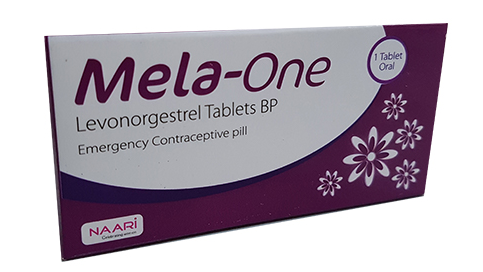
12 Apr Novel strategies needed to increase access to self care products and services for women and girls around the world
This month, as part of a special edition of the British Medical Journal on sexual and reproductive self-care, Prof. Anita Hardon wrote about the value of the social sciences. Specifically, they argue that ethnographic studies have provided crucial insight into sexual and reproductive self-care and highlighted opportunities to incorporate self-care into sexual and reproductive health programmes aimed at women and girls around the world.
The special issue was led by the World Health Organization (WHO) Department of Reproductive Health. Prof. Hardon has worked closely with this department as a member of its Steering and Advisory Group (STAG).
The article presents case studies of women and girls using modern and traditional health products to meet their sexual and reproductive health care needs, especially in settings where access to services are limited and where sexuality is stigmatized. The authors argue that these practices are often overlooked by reproductive health programs.
One case study highlights how young women in Ethiopia use emergency contraceptives as a “plan A”—not a “plan B”—mode of contraception. This method is popular because it can be purchased only when needed (fewer pills), allows for discreet use (users can take the pill and then throw away the box), and is believed to lack side effects and have little impact on future fertility. Efforts are needed to provide information on the potential dangers of repeated use in appropriate formats: fear of stigma linked to using emergency contraceptives means that users immediately discard packaging so information should be printed directly on the blisters packs.
“The studies highlight possibilities to improve the ways that information is provided to women and girls about self-care products and services,” said Anita, adding that, “novel strategies, such as virtual communities offer the possibility of peer support, and counselling. Some online platforms have found a balance between exchanging user experiences and providing user sensitive medical information (e.g. www.healthtalk.org).”
You can find the article and complete special issue on the website of the BMJ.
Photo source here.
